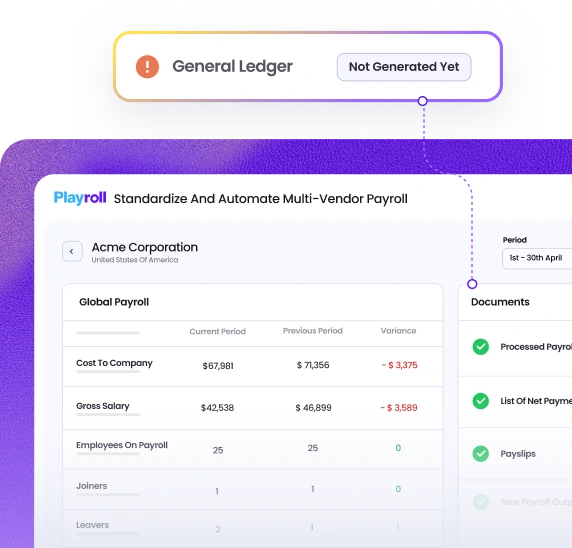What is a Good Salary in Missouri?
What is considered a 'good' salary can vary based on factors like location, lifestyle, and industry. A salary in the range of $50,000 to $70,000 is generally considered comfortable for a single person in Missouri. High-paying fields like healthcare and technology can offer salaries reaching up to $150,000 or more, while more common roles such as teachers typically earn around $43,701 annually.
Average Salary by Cities in Missouri
The cost of living can vary widely from one city to another, and that impacts both how far salaries stretch and what professionals expect in terms of pay. Cities with higher living costs – like those with hot housing markets or tech hubs – tend to have higher salary expectations.
Familiarizing yourself with the average salary ranges per location can help you plan better and make sure your compensation packages are in line with local expectations to attract and retain top talent. Here’s a quick look at salary ranges across different cities in Missouri, to get a sense of competitive salaries based on local factors:
| City | Monthly Salary | Annual Salary |
|---|
| St. Louis | $5,110 | $61,320 |
| Kansas City | $5,260 | $63,124 |
| Columbia | $4,000 | $48,000 |
| Springfield | $4,150 | $49,800 |
| Independence | $4,500 | $54,000 |
Salary Earnings Based on Experience Level in Missouri
Salaries naturally increase with experience – this applies to both new hires and existing team members. When planning for new positions, it's important to consider how salary ranges change at different seniority levels. This will help ensure you're meeting salary expectations, retain employees and create a fair working environment.
Here’s a breakdown of how monthly and annual salary ranges grow with experience in Missouri:
| Experience Level | Monthly Salary | Annual Salary |
|---|
| Entry-Level Jobs (0-2 years experience) | $3,000 - $3,500 | $36,000 - $42,000 |
| Mid-Level Jobs (3-5 years experience) | $4,500 - $5,500 | $54,000 - $66,000 |
| Senior Roles & Managers | $6,500 - $8,500 | $78,000 - $102,000 |
| Executive & C-Level | $12,000 - $20,000+ | $144,000 - $240,000+ |
Average Salaries by Job Title in Missouri
Building a competitive compensation package means knowing what the going rate is for specific roles. We’ve compiled the most recent salary data by job title for Missouri, making it easier for you to compare roles, match your offers with the market, and make sure your team is paid fairly.
| Job Title | Monthly Salary | Annual Salary |
|---|
| Customer Service Representative | $3,000 | $36,000 |
| Software Developer | $5,800 | $69,600 |
| Accountant | $4,500 | $54,000 |
| Sales Representative | $4,200 | $50,400 |
| Administrative Assistant | $3,200 | $38,400 |
Highest Paying Jobs in Missouri
- Surgeon: $400,000+
- Psychiatrist: $220,000 - $260,000
- Anesthesiologist: $300,000 - $350,000
- Orthodontist: $250,000 - $300,000
- Pharmacist: $130,000 - $150,000
- Corporate Lawyer: $150,000 - $250,000
- Software Engineer: $100,000 - $130,000
- Engineering Manager: $120,000 - $150,000
- IT Manager: $110,000 - $140,000
- Petroleum Engineer: $100,000 - $130,000
Monthly Cost of Living in Missouri
In Missouri, the cost of living is notably lower than the national average, making it an affordable state for residents. Housing expenses are about 19% lower than the national average, providing affordable options for both renters and homeowners. Utility costs are also lower, running around 5% below the national average. Transportation expenses, including gas prices, are slightly lower than the national average, with costs around 3% below, thanks to the state's lower traffic congestion and relatively short travel distances.

Median Home Price
$291,250

Energy Bill
$137.23
/ month
Compliant, In-State Payroll Processing in the U.S. with Playroll
We cut payroll processing time by 80%, ensure full compliance, and provide hands-on support for both employers and employees.
-

Local, state-accurate payroll execution
-

Consolidate payroll inputs and variance reporting
-

State-specific compliance, taxes, and filings built-in







.svg)
.svg)
.svg)








.svg)



.png)
.webp)
.webp)








.svg)